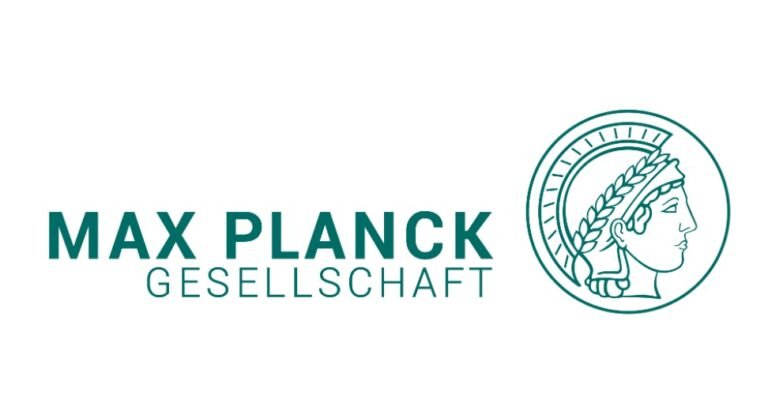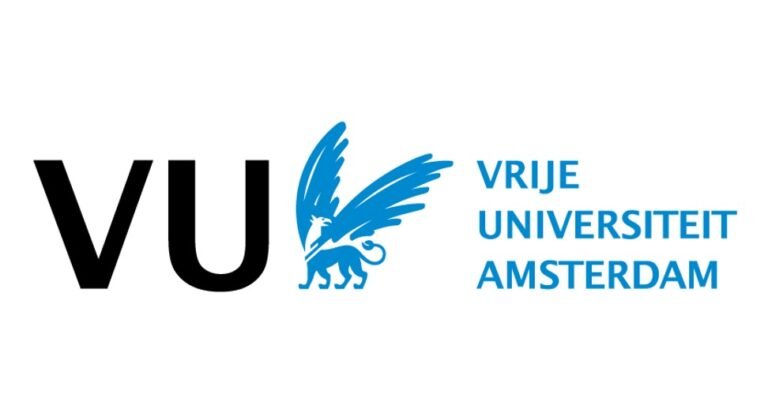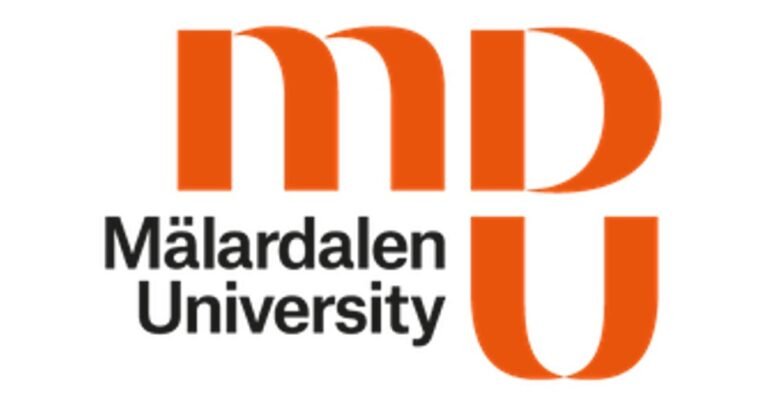Eleven PhD positions in ERC-funded international mw-atlas project at MPA Garching, RWTH Aachen University, and IA-FORTH Crete.
The mw-atlas project invites applications for PhD positions, to be held at the Max Planck Institute for Astrophysics in Garching, Germany, at RWTH Aachen University in Aachen, Germany, and at the Institute for Astrophysics – FORTH at Heraklion, Crete. Funded by an ERC Synergy grant, mw-atlas aspires to construct the first self-consistent, comprehensive, three-dimensional atlas of the Milky Way in all of its components, based on available and upcoming multi-wavelength datasets, on the physical interconnections between components, on the mathematical framework of Information Field Theory, and its usage in medical imaging or Earth monitoring.
We are looking for applicants (m/f/d) with strong interest or background in any of the aspects of the mw-atlas construction and exploitation: Galactic dust, gas, magnetic fields, stars, dark matter, cosmic rays, high-performance computing, AI, and information field theory. Candidates with master degrees in Astronomy, Physics, Computer Science, Electrical Engineering, Bayesian Statistics, or related fields are invited to apply.
The doctoral scholars will work closely with mw-atlas PIs (Torsten Enßlin at MPA, Philipp Mertsch at RWTH Aaachen University, Vasiliki Pavlidou at IA-FORTH), and project associates (Marijke Haverkorn in Nijmegen, Doug Finkbeiner at Harvard, and Christoph Pfrommer in Potsdam). Although each doctoral researcher will be based in one of the three core mw-atlas nodes, they will have the opportunity to spend significant time in other nodes and associates’ institutions, to benefit from the expertise of all members of the project, depending on their research interests and focus. They will benefit from a diverse, cross-disciplinary, and dynamic intellectual environment (including interactions with other senior scientists, collaborations with other postdoctoral scholars and many PhD students, workshops, lecture series, conferences, retreats, and more), dedicated mentorship, training opportunities, access to observational facilities at the Skinakas Observatory in Crete and collaborating partners, dedicated project computational facilities, and collaborations with software engineers and industry partners.
The appointments will be for full-benefits positions, with an initial duration depending on the location, and include support for travel and research expenses. Salaries are paid at local civil service rates.
Application instructions
Candidates with master degrees in Astronomy, Physics, Computer Science, Electrical Engineering, Bayesian Statistics, or related fields are invited to apply online. Applications should include a cover letter stating their interest in aspects of the mw-atlas project (please express your preference in one of the three core nodes, and if you would be open to be considered for a position in the other two nodes as well) a CV (including a list of publications with the most important 1 to 3 publications indicated with an asterisk), and a 3-page statement of research accomplishments and goals. Applicants should also arrange for three letters of recommendation to be sent to letters@mw-atlas.eu. Please instruct your letter writers to indicate your family name in the subject of their email. All questions should be sent by email to positions@mw-atlas.eu. Applications received by January 15th, 2025, will receive full consideration. Later applications will be considered until all positions are filled. Applicants must complete their Master’s degree prior to appointment, which will be no earlier than May 1st, 2025.
The Max Planck Society is committed to increasing the number of individuals with disabilities in its workforce and therefore encourages applications from such qualified individuals. Furthermore, the Max Planck Society seeks to increase the number of women in those areas where they are underrepresented and therefore explicitly encourages women to apply. MPA wishes to increase diversity and equality of opportunity in all respects and welcomes applications without regard to factors such as nationality, ethnicity, disability, religion, gender, gender identity or expression, or sexual orientation.






